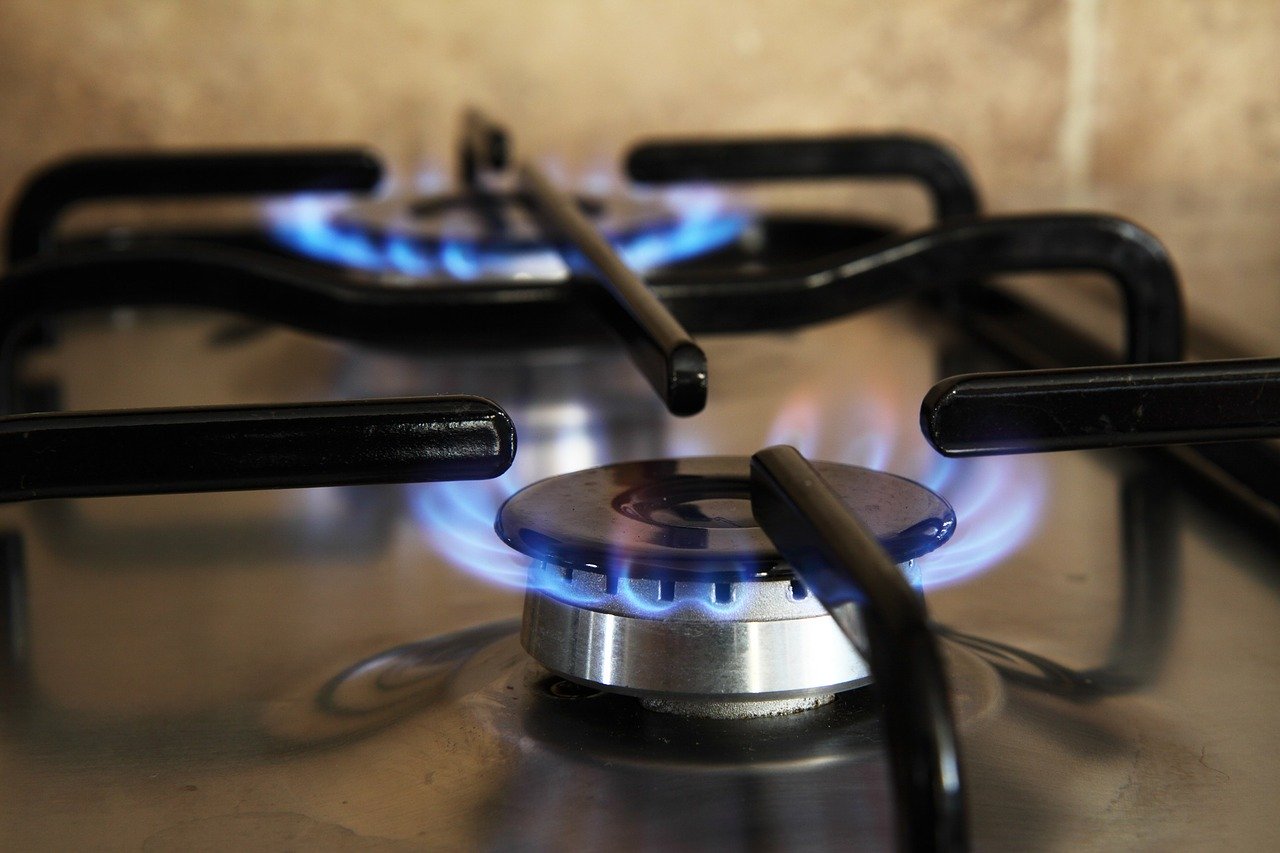European countries are gradually reducing their dependence on Russian gas, but at the same time the Old Continent risks becoming dependent on the American liquefied natural gas (LNG). In an attempt to bypass the US-backed Ukraine, the Kremlin is desperately trying to complete the Nord Stream 2 pipeline between Russia and Germany, but it is unlikely that Washington will allow full realization of this project unless it gets significant concessions from Moscow and Europe.
Some European countries have already started buying American crude oil and it is expected that, in the foreseeable future, the import of the US liquefied natural gas will increase. For instance, Polish authorities recently announced that they plan to reduce dependency on Russian gas by striking long-term contracts for deliveries of LNG from the United States. However, American gas, which is shipped to Europe via boats, is much more expensive than gas piped in from Russia. The main reason is transportation costs.
In spite of that, some European countries announced that they would sign deals with the US and gradually start importing American LNG. Poland, reportedly, plans to build a floating liquefied natural gas terminal in Gdansk. It is expected that this project, as well as additional sections of gas pipelines that will bring out the gas into the Polish system, will be ready in 2025. In the meantime, Poland will likely keep importing Russian gas, but will look for significant discount from Russian energy giant Gazprom. Since Moscow recently demonstrated weakness by signing a gas deal with Ukraine and accepting all conditions that Brussels and Kiev proposed, Warsaw can easily put pressure on Moscow and demand a better gas deal.
Russia, on the other hand, is attempting to preserve its position in the European gas market by building Nord Stream 2 and TurkStream pipelines. It is faced with many obstacles, though. The US-imposed sanctions on companies involved in the realization of the Nord Stream 2 pipeline resulted in the suspension of pipelay activities. The Kremlin officials assure that the project will be completed by the end of the year, although at this point the fate of Nord Stream 2 is highly uncertain. The TurkStream, unlike the northern pipeline, is already finished, and it currently connects Russia and Turkey but not the rest of Europe. It remains to be seen if the United States will put pressure on Bulgaria to sabotage the building of the pipeline that should supply southeastern and central Europe with Russian gas.
America is now the leading natural gas producer in the world, even though Russia holds the largest amount of gas reserves in the world. As the only superpower in the world, the US has the mechanism to make European countries buy expensive American, rather than cheap Russian gas. That way, relatively poor EU member states might help the US economy in a classical neo-vassal manner. It remains to be seen if Germany will be allowed to keep importing Russian gas, and what concessions Berlin will have to make to Washington.
According to the European Commission official statistics, the European Union imports 77 percent of its natural gas. In 2018, 43 percent of that came from Russia, while 33 percent originated in Norway and nine percent was from Algeria. Less than one percent was from the United States. However, according to the American Energy Information Agency, in March and April 2019, the US LNG exports to Europe averaged 1.7 billion cubic feet per day, which is ten times higher than in the same months in 2018.
Some analysts speculate that the US is actually not exporting its own gas and oil, but is exploiting energy from countries like Libya and Nigeria and then selling it to third-party markets.
Although there is no hard evidence for this claim, such a practice certainly exists. For example, according to Stratford, Russia is buying gas from Turkmenistan at “embarrassingly low” prices and then exporting it to Europe.
Whether this is true or not, the United States and Russian Federation will likely negotiate over the fate of European gas market. Since Moscow is in a weaker position, it is expected to make concessions to Washington. European countries, especially Germany, will also have to make “painful compromises” with the United States in order to get relatively cheap Russian gas. Finally, natural gas reserves in Russia are expected to last for 80 years, and the US reserves will last for about 90 years, which means that Europe might get a long-term dual gas dependency.

